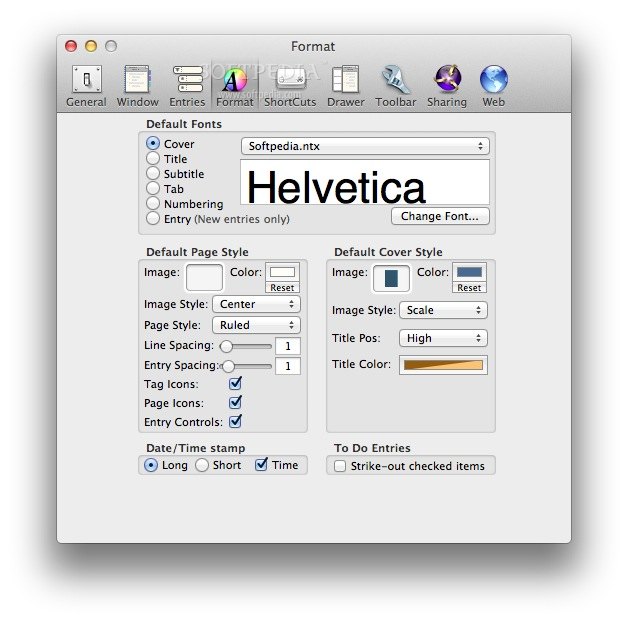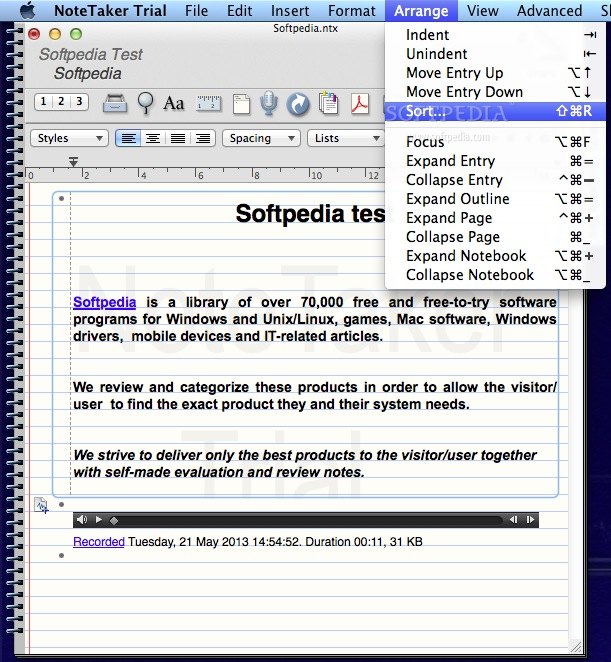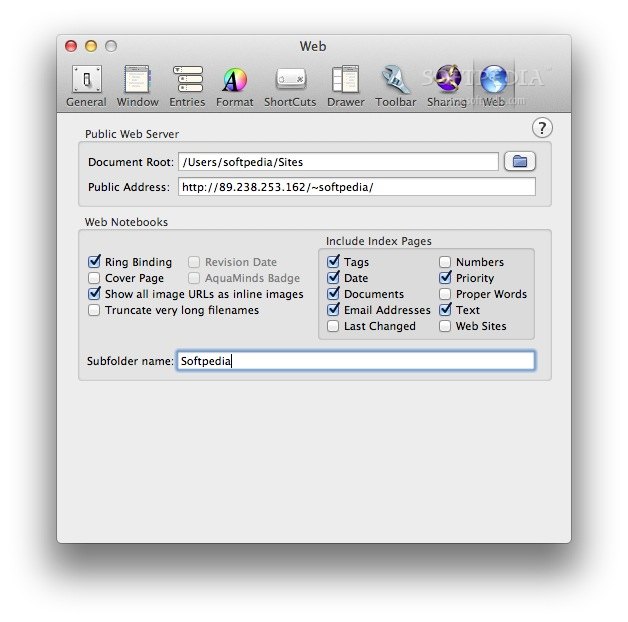

Please read your notetaker contract carefully, as it outlines important information and your payment information. You will need to have your complete schedule printed or open in another window with CRN numbers, and when asked to enter your School ID, please enter your 81x number. Instructions: The first step in becoming a notetaker is to register online through DRC Online Notetaker Portal: (you will use you UGA MyId credentials, the same that you use for your UGA email and Athena).

Compensation for students is $100 per course. Please check your UGA email inbox regularly. You will be informed via UGA Email after drop/add week if the DRC has matched you with a notetaking assignment. Important: Filling out this information does not mean that you have been assigned as a notetaker. If you are interested in being a notetaker this spring semester, please follow the instructions below.
#Paid notetaker registration
The Disability Resource Center now uses a fully-online notetaking registration system. You are receiving this email because a student in your course is in need of a notetaker. If you do not have a student in mind, you may use the email template below to recruit a notetaker: If you have a specific student in mind that you would like to serve as a notetaker, please email the end of drop/add period. Options include making a verbal announcement in class, using the template email that we provide in our initial accommodations request contact, and posting the template email to ELC.
#Paid notetaker how to
However, in recent years, the DRC has instead opted to select the first volunteers for efficiency reasons, according to Lazier.As soon as a request is made, you should receive an email with instructions on how to recruit a notetaker. Previously, the DRC would provide students seeking notetaking services with names and summaries of prospective notetakers. Not only has the compensation for notetakers changed at Cal Poly, but the process of selecting volunteers has, as well. Other universities like UCSD, San Diego State University and CSU Fullerton have volunteer notetaker positions similar to Cal Poly. Other universities, such as Cal Poly Pomona and UC Santa Barbara compensate students for their notes based on the amount of units or courses.

“I do think that the DRC is a unique position because it’s specifically people in your class and it’s just a more tangible way to help people than doing it online.” “I definitely think that students will be less inclined to use the DRC as a form of sharing their notes with people because they’re not getting paid and they have those, like, venues to get paid for the same job,” Faron said. Without the money, Faron said she believes students may be more inclined to upload their notes to websites that pay, rather than the DRC. The second time around, Faron decided to become a DRC notetaker simply for the money. When biological sciences senior Arisa Faron’s close friend suffered a concussion playing lacrosse, she decided to become a notetaker for three of the classes they had together.

While the DRC can no longer afford to pay notetakers, they are still trying to figure out a way to incentivize notetakers, including raffles for University Store gift cards. Students were previously paid $50 per class each quarter, with this amount increasing to $55 per class when minimum wage changed to $11 in California. “With this increased demand and our budgetary constraints, the center no longer has the funding to provide payment for notetakers,” Lazier wrote. Last year, the DRC provided services to 1,447 students, approximately 6.5 percent of Cal Poly’s population, and has seen a 73 percent increase in demand since 2014, according to University Spokesperson Matt Lazier. The new policy has prompted less students to contribute their notes and more students with disabilities to look for solutions elsewhere. The Disability Resource Center (DRC) changed its paid notetaker position to a volunteer, non-paid position beginning Fall 2018.


 0 kommentar(er)
0 kommentar(er)
